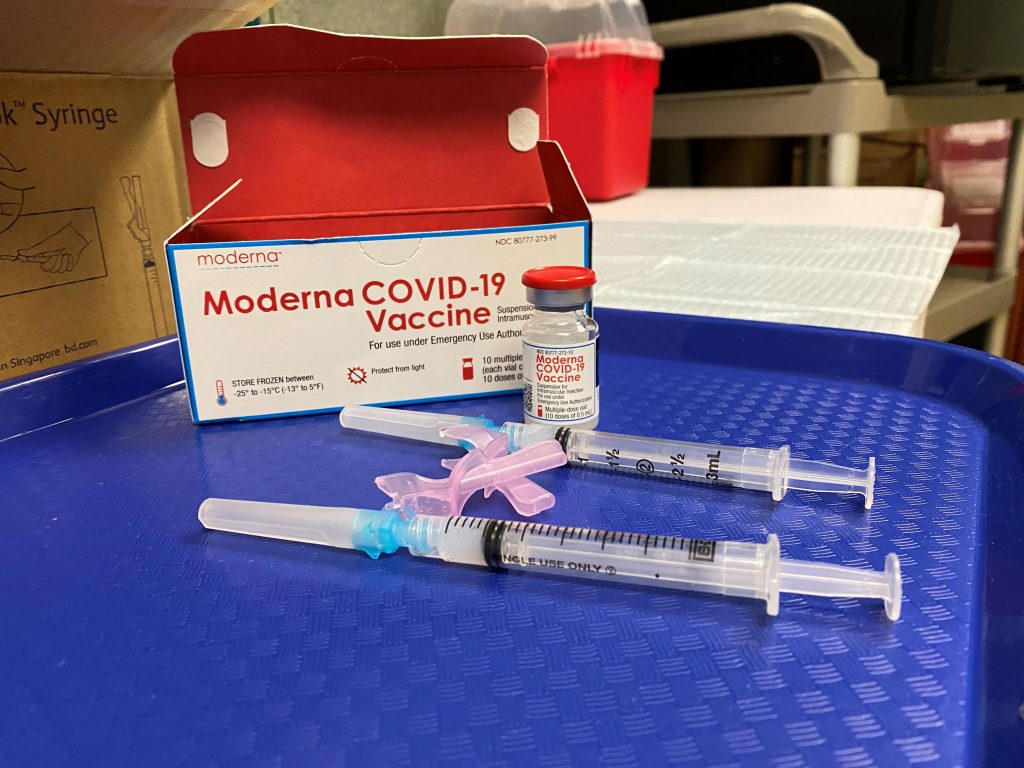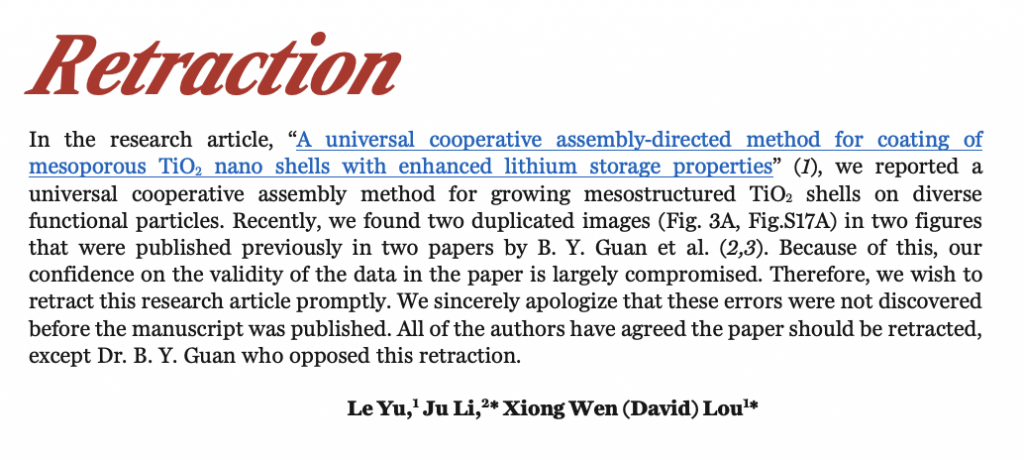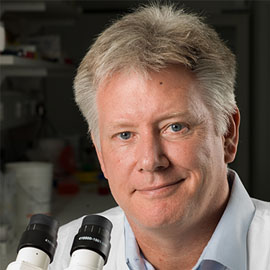
An author with ties to researchers believed to have published hundreds of problematic papers has earned his ninth retraction, this time for forged authorship.
Mostafa Jalal, once a postdoc at Texas A&M University, is alleged to have “engaged in some manner of collaboration or communication” with three other researchers, including Ali Nazari, who has now had 85 papers retracted and lost his job at Swinburne University in 2019. Those retractions came after the whistleblower, the pseudonymous Artemisia Stricta, called attention to problems in Nazari’s work.
In a 42-page report we wrote about in August 2020, Artemisia drew attention to four main groups centered on Jalal, Nazari, Ehsan Mohseni of the University of Newcastle in Australia, and Alireza Najigivi of Sharif University of Technology in Tehran. The whistleblower lists a total of 287 potentially compromised papers.
Continue reading Engineering researcher who suddenly left postdoc has ninth paper retracted





